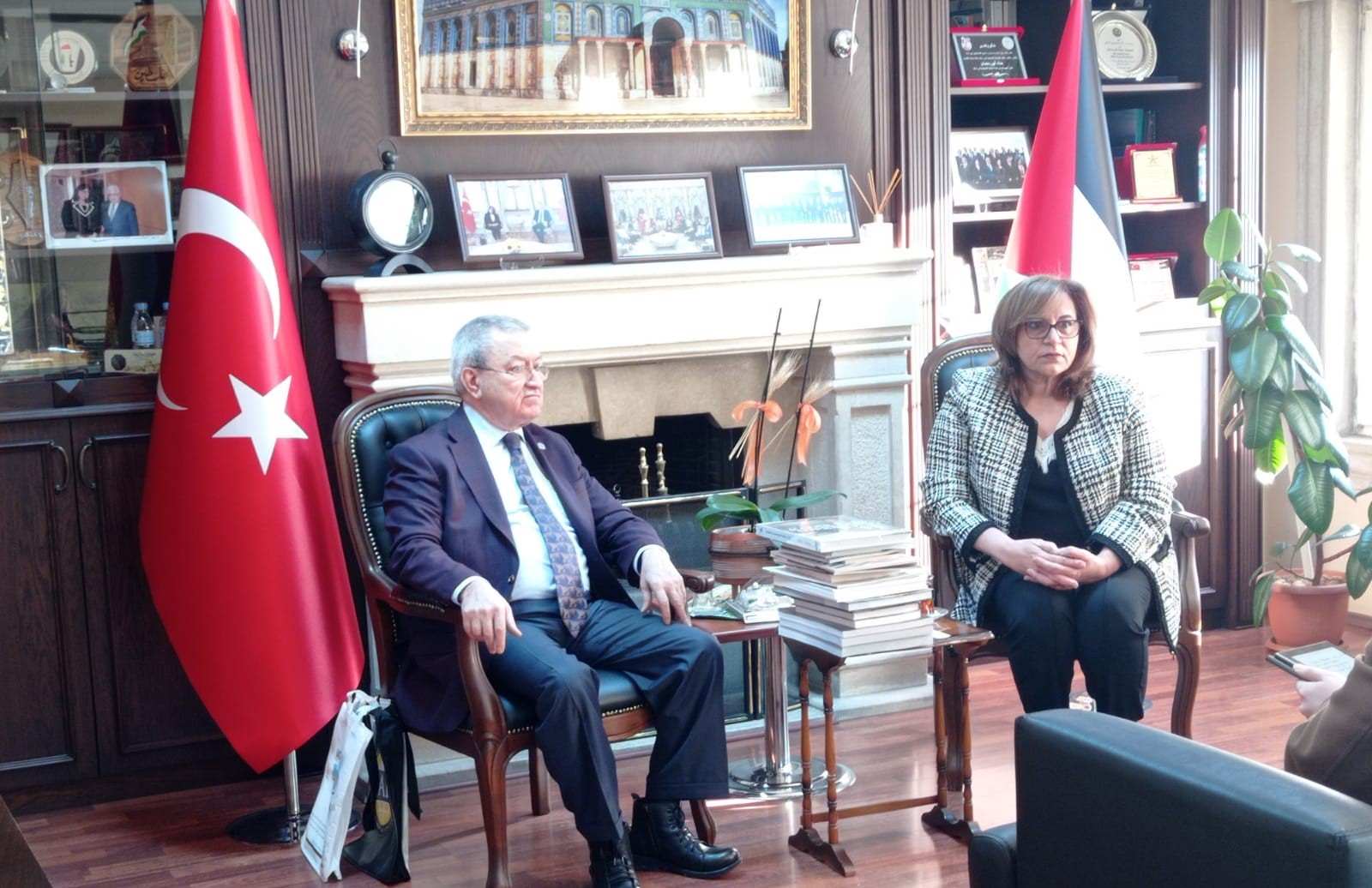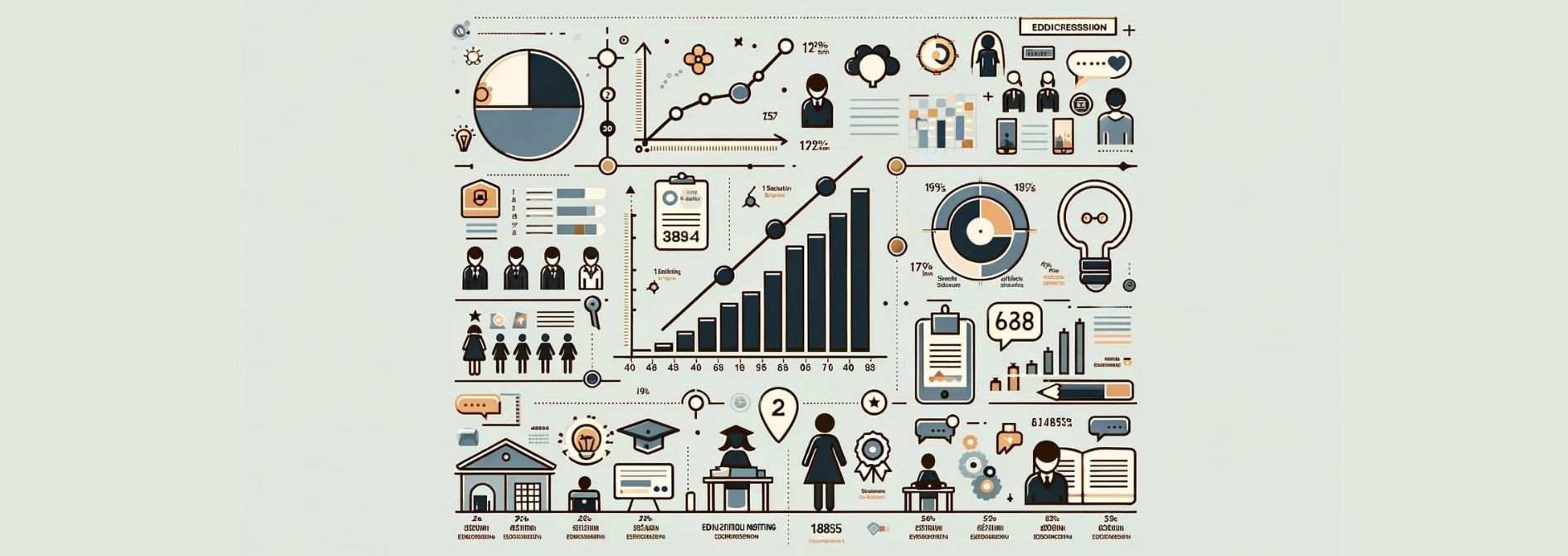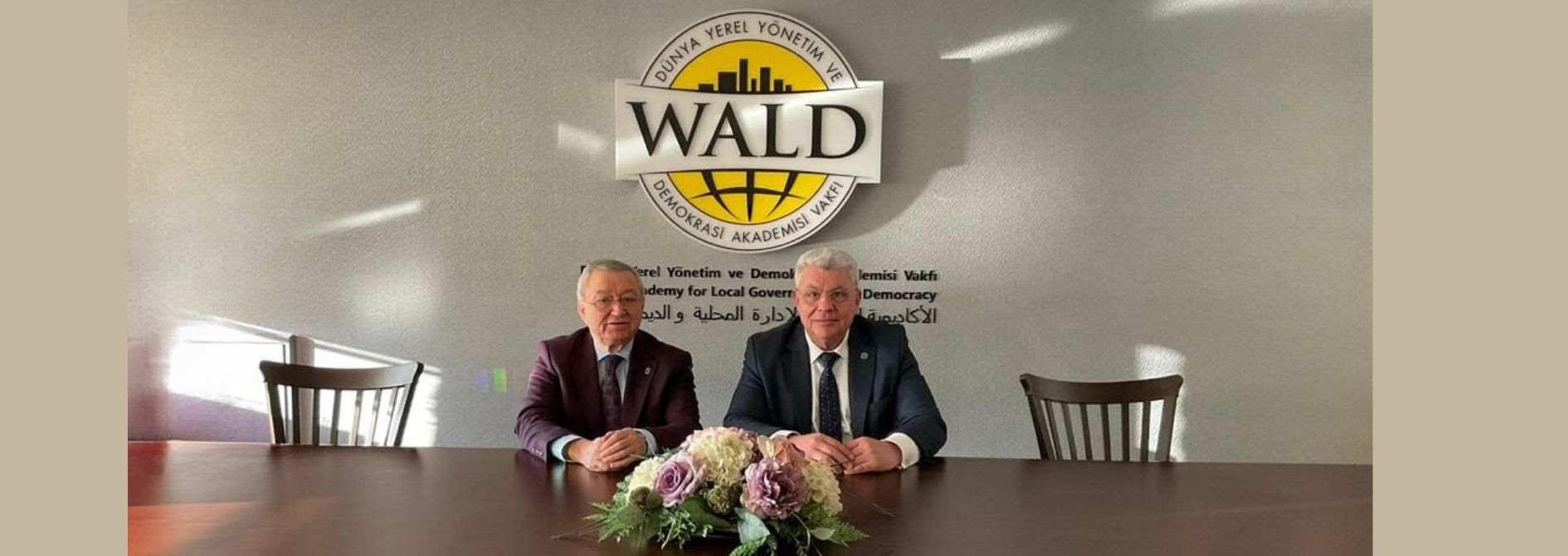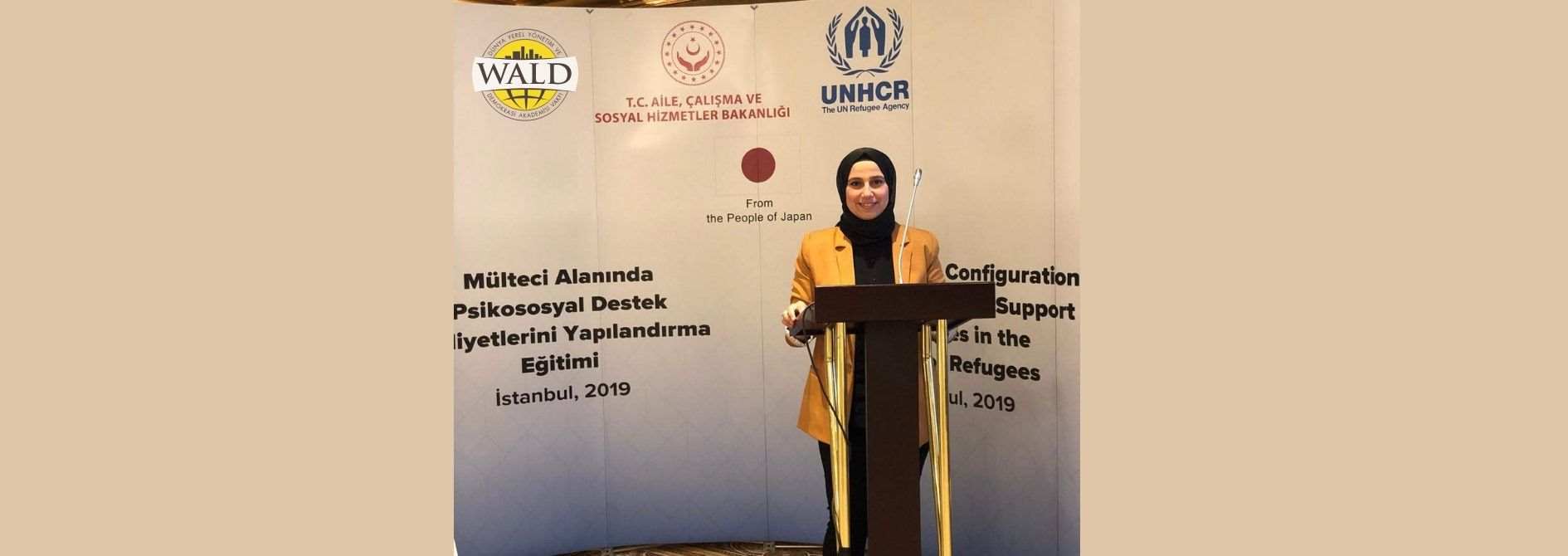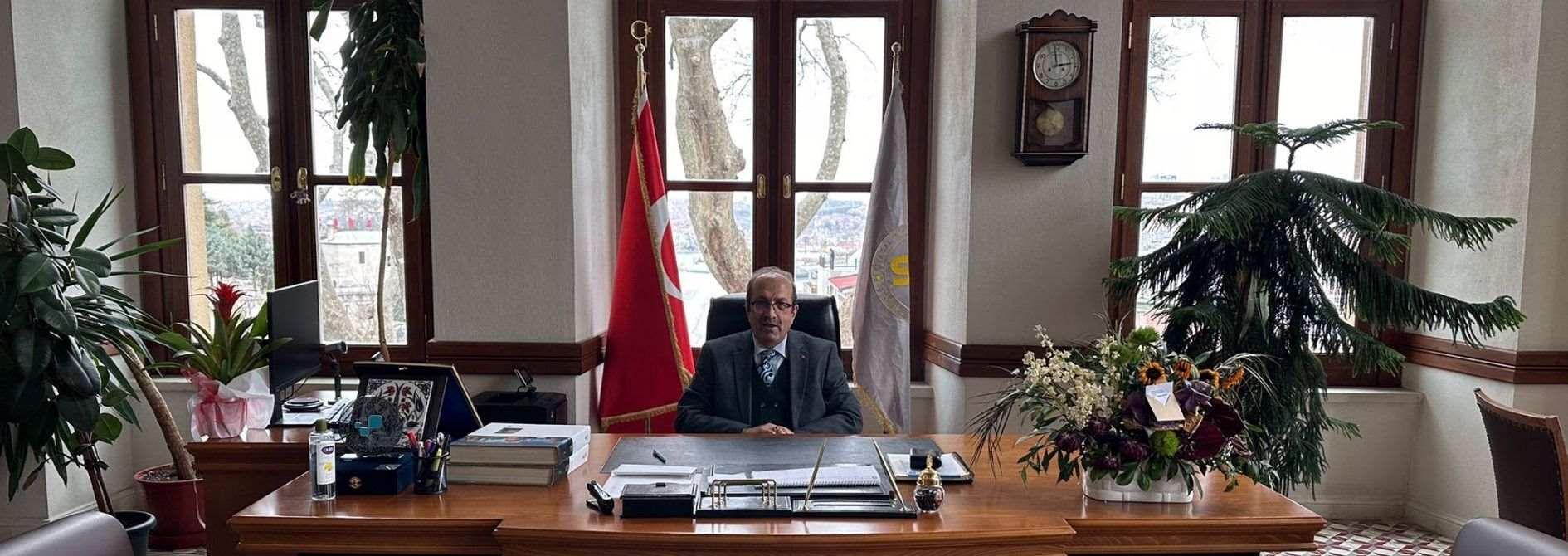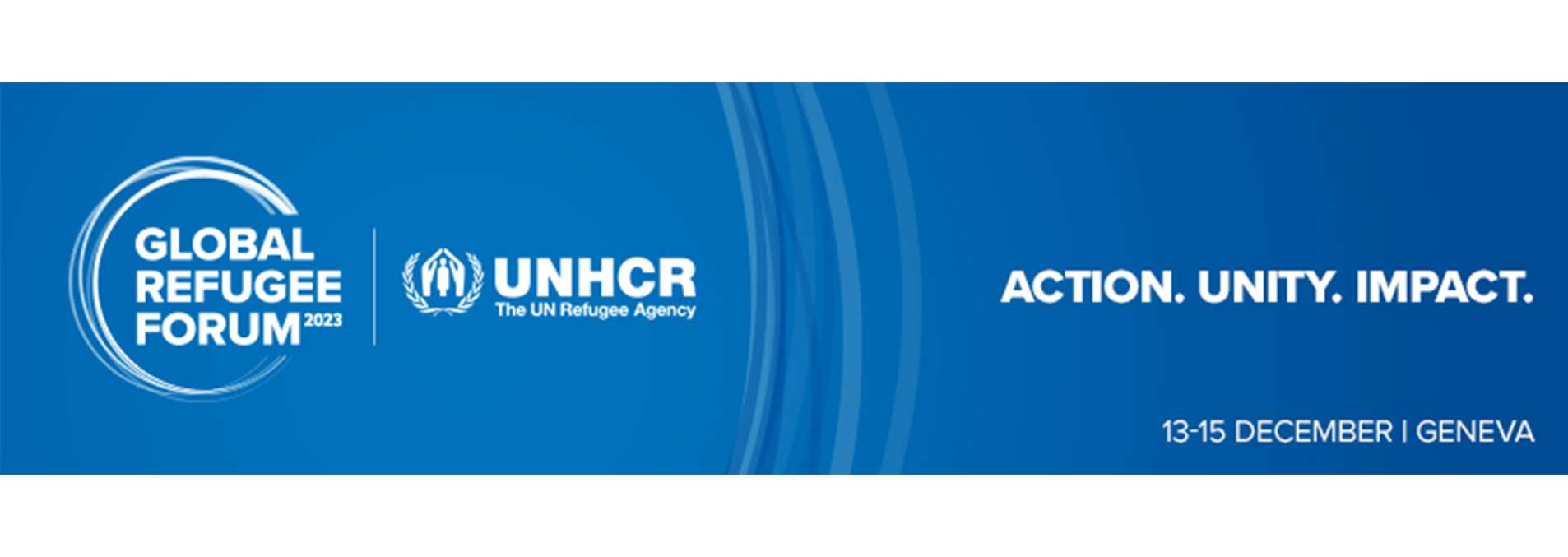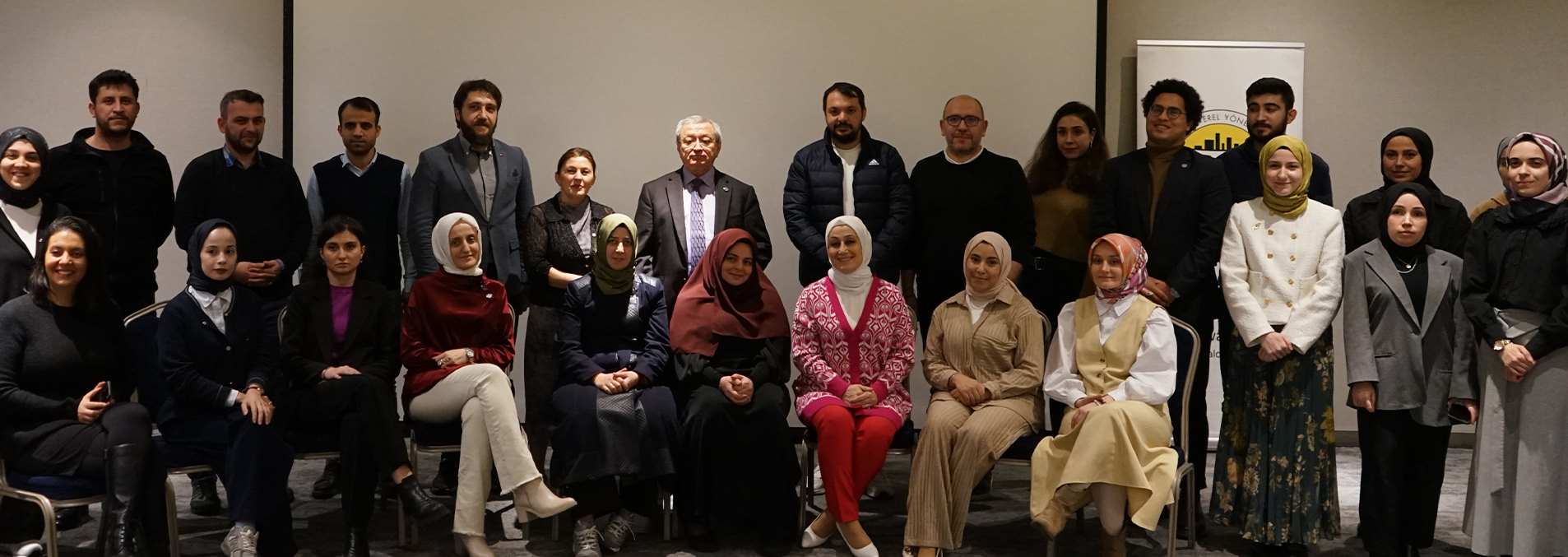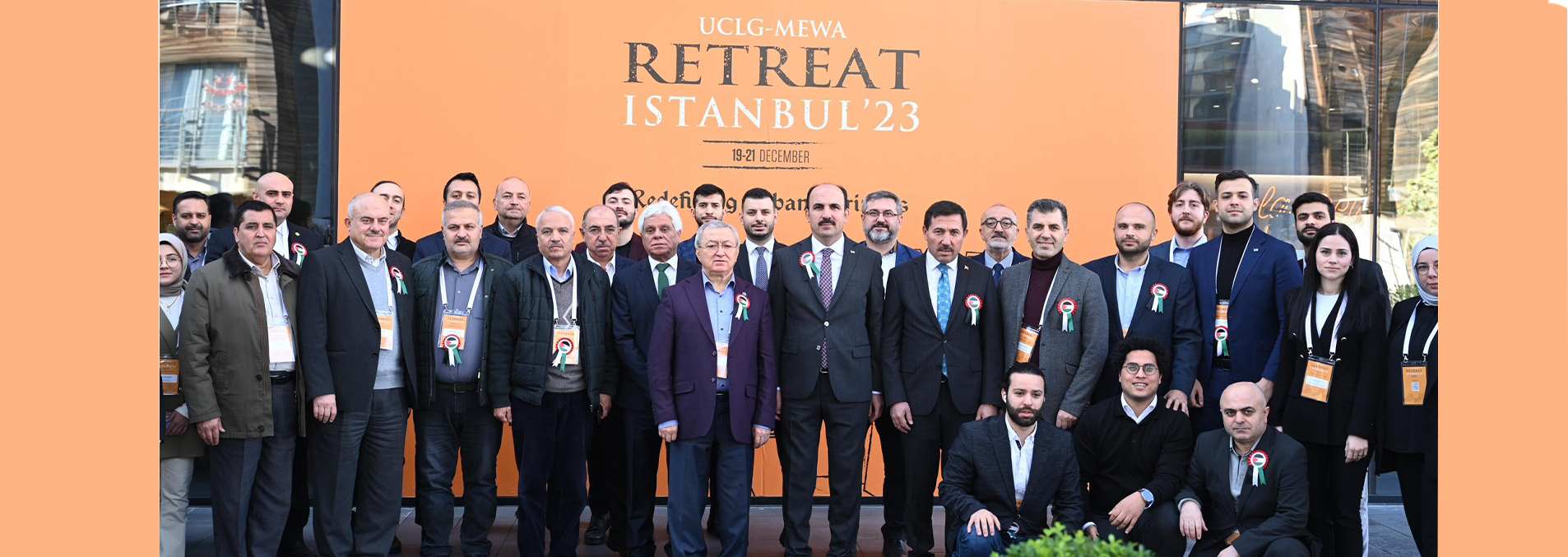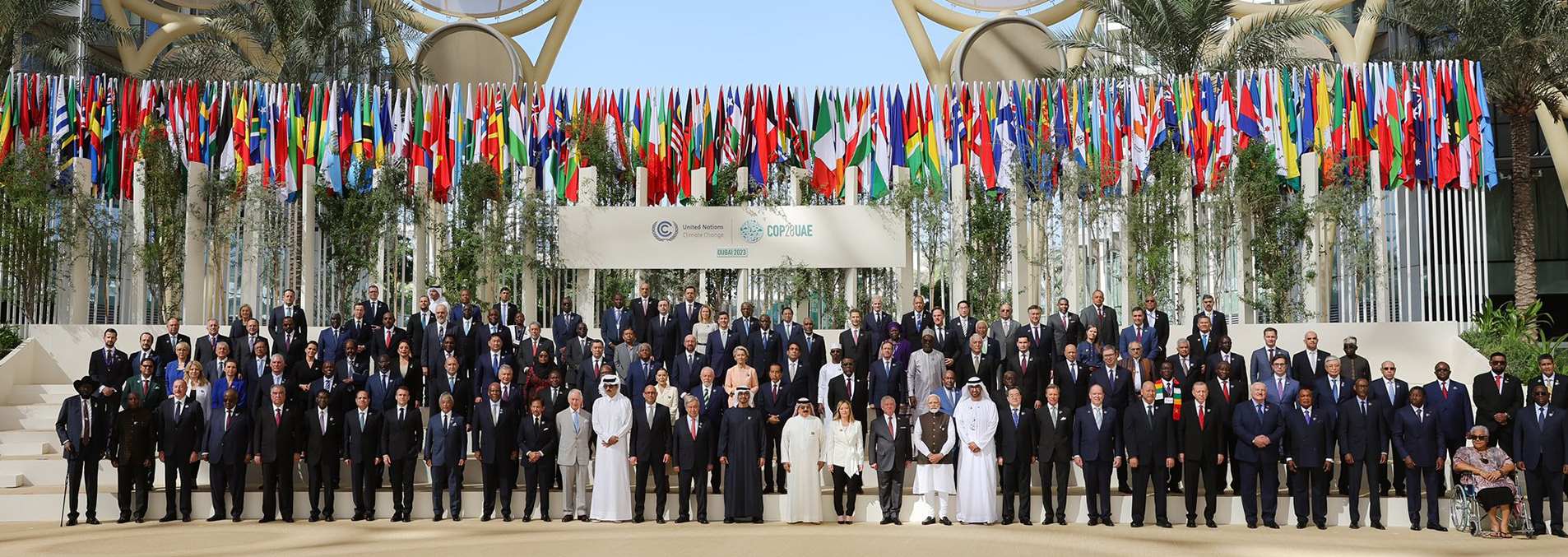MARUF23 tackles urban challenges in Istanbul, uniting stakeholders, NGOs
The third edition of the Marmara Urban Forum (MARUF), a flagship initiative organized by the Marmara Municipalities Union (MBB), this year under the guiding theme "Resilience and Beyond," commenced in Istanbul from Oct. 4 to 7.
The biennial international urban forum, the previous edition of which was held virtually due to the COVID-19 pandemic, continues to grow in stature as a global platform for addressing urban challenges and offering solutions.
MARUF has brought together various stakeholders, including UN-Habitat, the Turkish Ministry of Environment, Urbanization, and Climate Change, International Council for Local Environmental Initiative (ICLEI), Eurocities, World Resources Institute (WRI), World Wide Fund for Nature (WWF), United Nations Development Program (UNDP), United Cities and Local Governments- Middle East and West Asia (UCLG-MEWA), Metropolis, along with many other non-governmental organizations (NGOs), municipalities, universities, think-tanks, and development agencies.
The primary objective of MARUF is to establish a foundation for the exchange of knowledge, experiences, and opportunities among the public and private sectors, NGOs, universities, local governments, and other relevant stakeholders. It aims to assess diverse approaches to urban services and urban management in alignment with the UN’s Sustainable Development Goals (SDGs). MARUF strives to foster in-depth discussions and offer alternative viewpoints in its pursuit of advancing the New Urban Agenda by combining both local and global insights and experiences.
MARUF23, in particular, provided a platform for mayors, practitioners, academia, and civil society with 148 sessions, 21 tour programs, and 386 distinguished speakers.
Hosted by the Kocaeli Metropolitan Municipality and presided over by MBB Head Tahir Büyükakın, the forum commenced with an inspiring opening speech by Büyükakın. During his speech, Büyükakın stressed the escalating urgency of addressing the climate crisis, emphasizing the need for experts, academics, and politicians to work together to confront this growing crisis. He expressed gratitude for the substantial contributions made by universities, public institutions, and partner organizations toward the forum's organization. He underscored the importance of rationality, patience, and collaboration in achieving success, particularly in executing large and impactful projects.
Büyükakın also highlighted the thematic focus of "resilience" for MARUF23, stating that this concept, while crucial, should be complemented with a broader perspective. He expressed hope that MARUF23 would yield productive outcomes, disseminate best practices, enhance coordination among stakeholders, and inspire new approaches to collaborative efforts.
The opening session, titled "Resilience and Beyond," delved into the importance of building resilient cities, especially in the context of recent economic crises, conflicts, and natural disasters, such as the two significant earthquakes that affected Türkiye this year. The session also underscored the significance of local development, urban leadership, international solidarity, and collaborative efforts in constructing resilient urban centers.
The event featured keynote addresses from Urban Transformation Consultant and Former Deputy Mayor of Vienna, Maria Vassilakou, and the UNDP Resident Representative in Türkiye, Louisa Vinton. Notably, UN-Habitat Global Solutions Department Director Rafael Tuts addressed the forum through a video message.
The forum, which encompassed a wide range of events, activities, panels, discussions, and workshops, also served as a networking platform for the NGOs working towards the same cause. The forum concluded on Oct. 7, coinciding with World Metropolitan Day.
